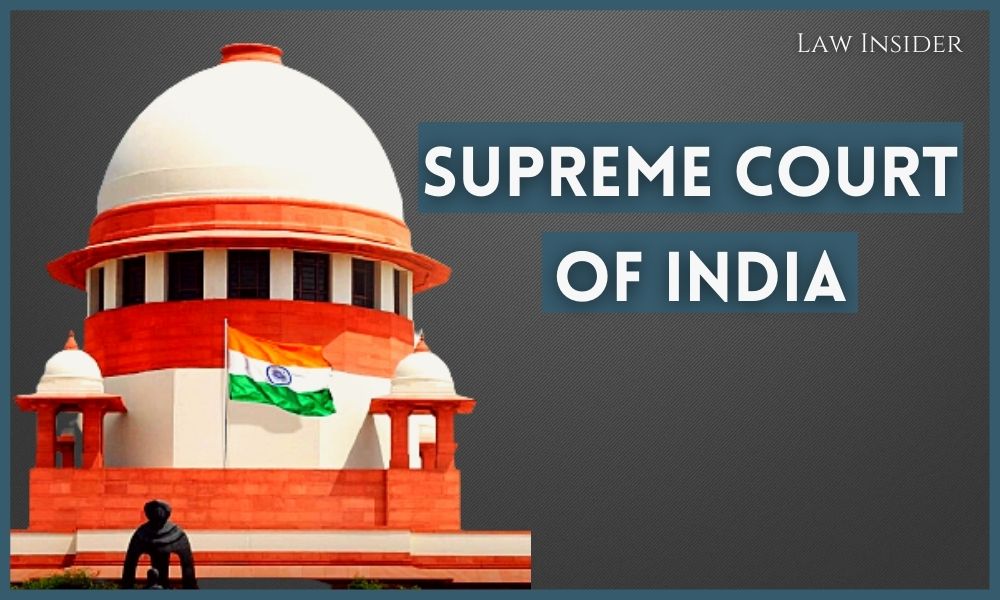Munmun Kaur
Published On: February 14, 2022 at 13:30 IST
The Supreme Court on February 11 observed that merely because an employee stood superannuated, will not by itself absolve him from the misconduct committed at the time of discharge of his duties when he was in service.
The observation was made by a Division Bench of Justices Ajay Rastogi and Abhay S Oka in the Case of United Bank of India v. Bachan Prasad Lal while dealing with an Appeal filed by United Bank of India against a 2010 Order of the Patna High Court upholding the decision of the Industrial Tribunal to reduce the punishment handed down to the Respondent-employee.
The facts of the Case were that the Respondent employee joined service as a Clerk cum Typist in the year 1973 and while in service committed serious irregularities in the discharge of his duties, was placed under suspension by an Order dated 7th August 1995.
He was later served with the Chargesheet. After the disciplinary inquiry, the Charges were proved. As a consequence, the Respondent was dismissed from service by an Order dated December 06, 2000, and the Appellate Authority also rejected the Appeal preferred by the Respondent employee.
Subsequently, a Reference was made to the Industrial Tribunal for Adjudication by the appropriate government. The learned Tribunal held that the inquiry was fair and proper and the Charges stood proved but while exercising power under Section 11A of the Act 1947, the Tribunal substituted the punishment of dismissal with an Order of reinstatement after lowering down of two stages in the basic salary that he was getting at the time of his dismissal. It was also held that there will be no payment of salary and allowances for the period of his suspension save and except payment of subsistence allowance.
In a Writ Petition before the Patna High Court, the Single Judge dismissed the Petition holding that the Tribunal has discretion under Section 11A of the Act 1947 and held that it was rightly exercised. The Division Bench of the High Court also upheld the finding returned by the Tribunal.
The Supreme Court observed that as per the seriousness of the nature of allegations leveled against the Respondent employee, the punishment of dismissal inflicted upon him in no manner could be said to be shockingly disproportionate which would have been required to be interfered with by the Industrial Tribunal.
While allowing the Appeal, the Supreme Court observed that the Bank employee always holds the position of trust where honesty and integrity are the sine qua non but it would never be advisable to deal with such matters leniently.

